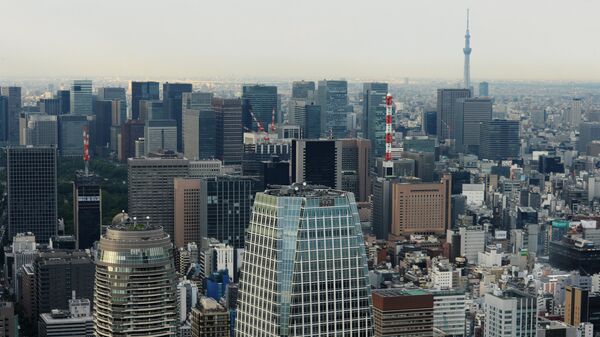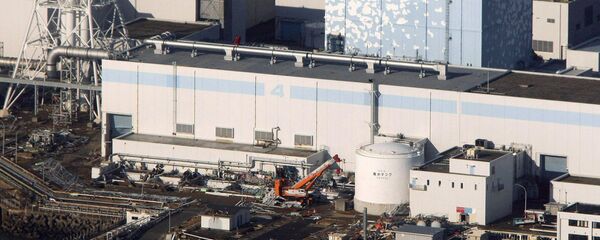Tokyo's two main airports, Narita and Haneda, will be taxed to the brink. Already some of the busiest terminals on the planet, Narita handles, on average, 111,318 passengers per day and Haneda 233,997 per day, judging from 2017 statistics.
With around 10 million domestic and foreign visitors expected in Tokyo during the 2020 games, which will take place between July 24 and August 25, and 40 million additional visitors throughout the year, the Japanese government's spared no expense readying its infrastructure for the waves of tourists. Fortune reported last month that Tokyo has sunk $25 billion into modernization and construction projects related to the games, covering everything from bullet train upgrades to massive Wi-Fi installations.
However, some fear even that might not be enough. Enter: the US Air Force, which owns the massive Yokota Air Base in western Tokyo, and which has said it will consider any detailed proposal for shared civilian use of the airfield.
"Any future commitments of specific US military support to the Olympics and Paralympics will be balanced against operational readiness concerns and Alliance obligations," US Forces Japan spokesperson Air Force Col. John Hutcheson told Stars and Stripes Friday.
"US Forces Japan is excited about working with the Government of Japan to ensure a successful 2020 Olympics and Paralympics," he said. "When we've had the appropriate time to analyze these detailed requests, we will be better postured to determine how we might be able to support them."
This isn't the first time Tokyo's weighed the idea with Washington, either: In 2003, then-Prime Minister Junichiro Koizumi convinced the US government to examine the question of using Yokota for possible dual use. However, a 2006 Roadmap for Realignment Implementation that was drawn up hasn't gone anywhere since, the Japanese daily Mainichi reported.
However, Washington and Tokyo have already agreed that civilian flights can use Yokota's airspace during the games, Mainichi noted, so civilian use of the airstrip wouldn't be interrupting significant US military operations there anyway.
"This agreement reflects the United States' unequivocal support for the games as well as support for Japan's goal to increase tourism to 40 million travelers by 2020," Hutcheson said.
Yokota's 11,000-foot-long runway is made to accommodate the US military's largest transport aircraft; as one of the longest runways in Japan, it could easily handle civilian airliners, NHK noted. The base presently houses C-130J transport planes and CV-22 Osprey tilt-rotor aircraft.




